-
 Bitcoin
Bitcoin $117800
-3.15% -
 Ethereum
Ethereum $4539
-3.66% -
 XRP
XRP $3.072
-6.08% -
 Tether USDt
Tether USDt $1.000
0.02% -
 BNB
BNB $834.3
-1.03% -
 Solana
Solana $193.1
-2.71% -
 USDC
USDC $0.9997
-0.01% -
 TRON
TRON $0.3583
-0.87% -
 Dogecoin
Dogecoin $0.2233
-8.06% -
 Cardano
Cardano $0.9033
3.60% -
 Chainlink
Chainlink $22.34
-5.78% -
 Hyperliquid
Hyperliquid $44.87
-4.90% -
 Stellar
Stellar $0.4226
-6.29% -
 Sui
Sui $3.765
-5.57% -
 Bitcoin Cash
Bitcoin Cash $588.5
-3.94% -
 Ethena USDe
Ethena USDe $1.001
0.00% -
 Hedera
Hedera $0.2489
-5.54% -
 Avalanche
Avalanche $23.69
-5.77% -
 Litecoin
Litecoin $120.8
-6.90% -
 Toncoin
Toncoin $3.398
-2.63% -
 UNUS SED LEO
UNUS SED LEO $9.276
0.31% -
 Shiba Inu
Shiba Inu $0.00001285
-7.22% -
 Uniswap
Uniswap $10.92
-9.38% -
 Polkadot
Polkadot $3.991
-5.68% -
 OKB
OKB $94.79
-8.25% -
 Dai
Dai $0.9998
0.01% -
 Bitget Token
Bitget Token $4.553
-4.67% -
 Cronos
Cronos $0.1514
-8.71% -
 Ethena
Ethena $0.7243
-7.57% -
 Aave
Aave $310.5
-5.14%
What are the reasons for KuCoin KYC certification failure?
KuCoin KYC failures stem from inaccurate/incomplete information, poor image quality, document issues, or platform glitches. Addressing the specific rejection reason and ensuring compliance with KuCoin's requirements are crucial for successful re-verification.
Mar 16, 2025 at 02:55 pm
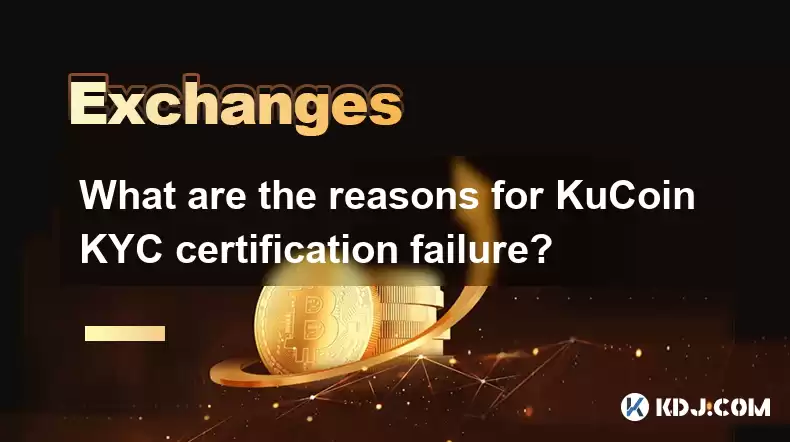
Key Points:
- KYC failures on KuCoin are often due to issues with the information provided during the verification process. Inaccurate, incomplete, or inconsistent data is the most common culprit.
- Image quality plays a crucial role. Blurred, low-resolution, or improperly lit photos are frequently rejected.
- Technical glitches and platform errors, while less common, can also lead to KYC rejections.
- Understanding KuCoin's specific requirements for documentation is essential to prevent failures. Failure to meet these requirements will result in rejection.
- Addressing the specific reason for rejection, as communicated by KuCoin, is key to successful re-verification.
What are the reasons for KuCoin KYC certification failure?
KuCoin, like many other cryptocurrency exchanges, requires users to undergo a Know Your Customer (KYC) verification process to comply with anti-money laundering (AML) and counter-terrorist financing (CTF) regulations. This process involves submitting personal identification documents and sometimes proof of address. However, many users experience KYC certification failures. Let's explore the common reasons.
1. Inaccurate or Incomplete Information:
This is the most prevalent reason for KYC rejection. Even a small typo or omission can lead to failure. Ensure all information entered matches your official documents precisely. Double-check names, dates of birth, addresses, and any other requested details. Inconsistencies between the information provided and the documents submitted will almost certainly result in rejection.
2. Poor Quality Images:
The quality of the images submitted is paramount. Blurry, low-resolution, or poorly lit photographs are frequently rejected. KuCoin's system needs clear, high-resolution images to accurately verify the information. Ensure your documents are well-lit, free of glare, and that all corners and details are clearly visible. Use a high-quality camera or scanner for optimal results.
3. Issues with Supporting Documents:
KuCoin specifies acceptable forms of identification and proof of address. Submitting documents that don't meet these requirements will result in rejection. For instance, an expired passport or a utility bill that's too old might not be accepted. Always check KuCoin's guidelines before submitting your documents to ensure compliance.
4. Technical Glitches and Platform Errors:
While less frequent, technical issues on KuCoin's end or problems with your internet connection can occasionally lead to failed submissions. If you suspect a technical problem, try again later or contact KuCoin support for assistance. Check your internet connection to rule out connectivity issues affecting image uploads.
5. Document Authenticity:
KuCoin's system is designed to detect forged or manipulated documents. Submitting fraudulent documents will result in immediate rejection and potentially account suspension. Always submit genuine, unaltered documents.
6. Unclear or Obscured Information:
Make sure all required information on your identification documents is clearly visible. Any obscuring elements, such as shadows, reflections, or other objects, can hinder the verification process.
7. Mismatch Between Provided Information and Documents:
The information you enter during the KYC process must precisely match the information on your submitted documents. Any discrepancy, even a minor one, will lead to rejection. Carefully review all information before submitting.
8. Violation of KuCoin's Terms of Service:
Submitting documents that violate KuCoin's terms of service will result in rejection. Always carefully review KuCoin's terms and conditions to ensure you are complying with their rules and regulations.
Steps to Re-submit after Failure:
- Review the rejection reason: KuCoin usually provides a reason for the failure. Address this specific issue before resubmitting.
- Double-check all information: Carefully verify all information for accuracy and consistency.
- Improve image quality: Use a high-quality camera or scanner to capture clear, well-lit images.
- Ensure document compliance: Confirm that your documents meet KuCoin's requirements.
- Resubmit your application: Follow KuCoin's instructions for resubmission.
Frequently Asked Questions:
Q: How long does KuCoin KYC verification take? A: The processing time varies but typically takes a few hours to a few days.
Q: What documents does KuCoin accept for KYC? A: KuCoin usually accepts passports, driver's licenses, and national identity cards for identification and utility bills or bank statements for proof of address. Check their website for the most up-to-date information.
Q: What should I do if my KYC application is repeatedly rejected? A: Contact KuCoin's customer support for assistance. They can provide specific guidance based on your situation.
Q: Is there a fee for KuCoin KYC verification? A: No, KuCoin's KYC verification process is typically free of charge.
Q: Can I use a scanned copy of my documents for KYC? A: Yes, scanned copies are generally acceptable, provided they are high-quality and legible.
Q: What happens if my KYC application is rejected due to suspected fraud? A: Your account may be suspended, and you may be unable to use KuCoin's services.
Q: Can I change my information after submitting my KYC application? A: Usually not. If you need to make changes, you might need to start a new application. Contact KuCoin support to understand their specific process.
Disclaimer:info@kdj.com
The information provided is not trading advice. kdj.com does not assume any responsibility for any investments made based on the information provided in this article. Cryptocurrencies are highly volatile and it is highly recommended that you invest with caution after thorough research!
If you believe that the content used on this website infringes your copyright, please contact us immediately (info@kdj.com) and we will delete it promptly.
- Kazakhstan's Crypto Leap: Bitcoin ETF and Central Asia's Digital Finance Future
- 2025-08-13 12:45:19
- BlockDAG Presale Blazes Past $371M: Fundraising Frenzy Fuels Crypto Sensation
- 2025-08-13 13:05:21
- Meme Coins: Chasing the 2025 Surge – Which Will Moonshot?
- 2025-08-13 10:25:23
- Bitcoin's Wild Ride: Rally, Pullback, and What's Next
- 2025-08-13 10:25:23
- Bitcoin, Bitmax, and Institutional Demand: A New Era of Crypto Investment
- 2025-08-13 10:45:12
- Solana, ROAM, and Airdrops: What's the Buzz in 2025?
- 2025-08-13 11:35:13
Related knowledge
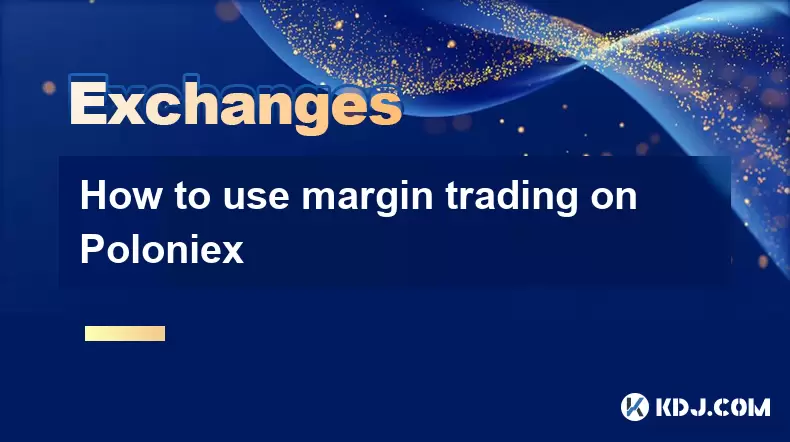
How to use margin trading on Poloniex
Aug 08,2025 at 09:50am
Understanding Margin Trading on Poloniex
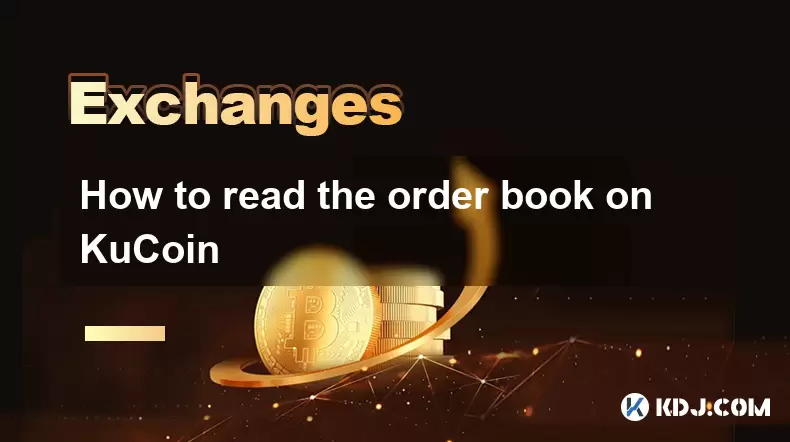
How to read the order book on KuCoin
Aug 10,2025 at 03:21pm
Understanding the Order Book Interface on KuCoinWhen accessing the order book on KuCoin, users are presented with a real-time display of buy and sell ...
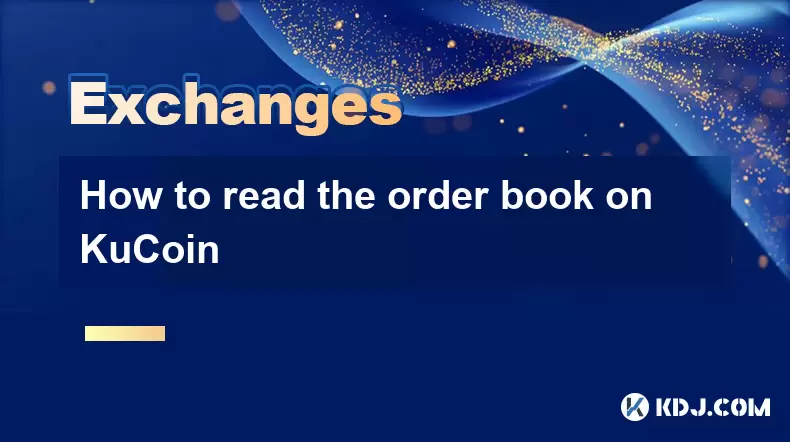
How to read the order book on KuCoin
Aug 12,2025 at 02:28am
Understanding the Basics of Staking in CryptocurrencyStaking is a fundamental concept in the world of blockchain and cryptocurrencies, particularly wi...
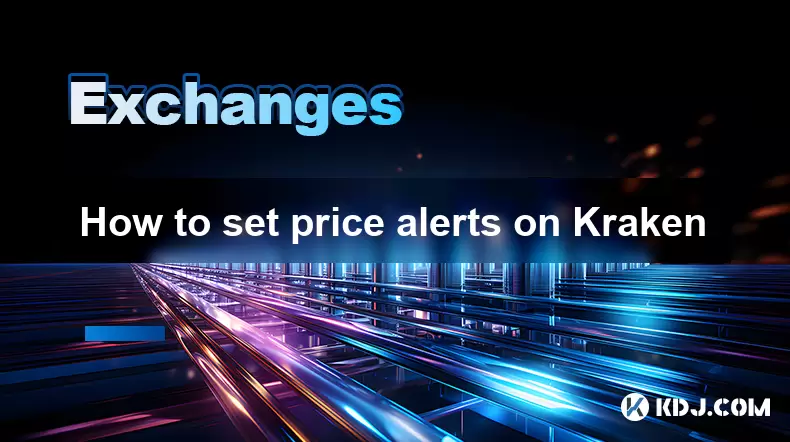
How to set price alerts on Kraken
Aug 11,2025 at 08:49pm
Understanding Price Alerts on KrakenPrice alerts on Kraken are tools that allow traders to monitor specific cryptocurrency pairs for price movements. ...

How to avoid high gas fees on Uniswap
Aug 13,2025 at 11:35am
Understanding Gas Fees on UniswapGas fees on Uniswap are payments made to Ethereum miners or validators for processing transactions on the blockchain....
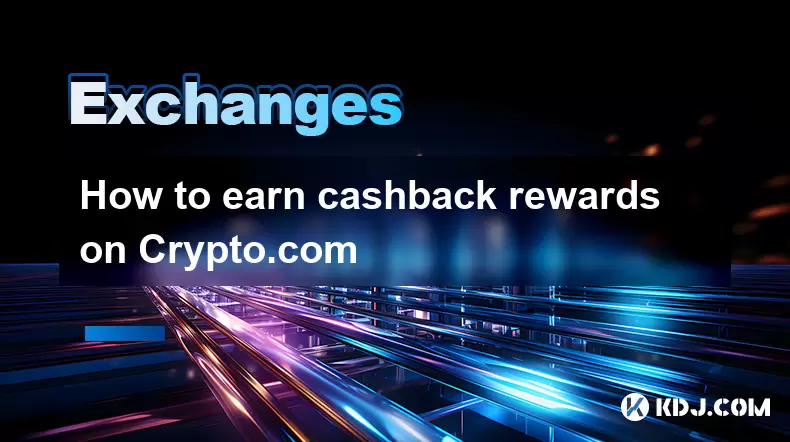
How to earn cashback rewards on Crypto.com
Aug 12,2025 at 02:08am
Understanding Cashback Rewards on Crypto.comCashback rewards on Crypto.com are a feature designed to incentivize users to spend using their Crypto.com...

How to use margin trading on Poloniex
Aug 08,2025 at 09:50am
Understanding Margin Trading on Poloniex

How to read the order book on KuCoin
Aug 10,2025 at 03:21pm
Understanding the Order Book Interface on KuCoinWhen accessing the order book on KuCoin, users are presented with a real-time display of buy and sell ...

How to read the order book on KuCoin
Aug 12,2025 at 02:28am
Understanding the Basics of Staking in CryptocurrencyStaking is a fundamental concept in the world of blockchain and cryptocurrencies, particularly wi...

How to set price alerts on Kraken
Aug 11,2025 at 08:49pm
Understanding Price Alerts on KrakenPrice alerts on Kraken are tools that allow traders to monitor specific cryptocurrency pairs for price movements. ...

How to avoid high gas fees on Uniswap
Aug 13,2025 at 11:35am
Understanding Gas Fees on UniswapGas fees on Uniswap are payments made to Ethereum miners or validators for processing transactions on the blockchain....

How to earn cashback rewards on Crypto.com
Aug 12,2025 at 02:08am
Understanding Cashback Rewards on Crypto.comCashback rewards on Crypto.com are a feature designed to incentivize users to spend using their Crypto.com...
See all articles

























































































